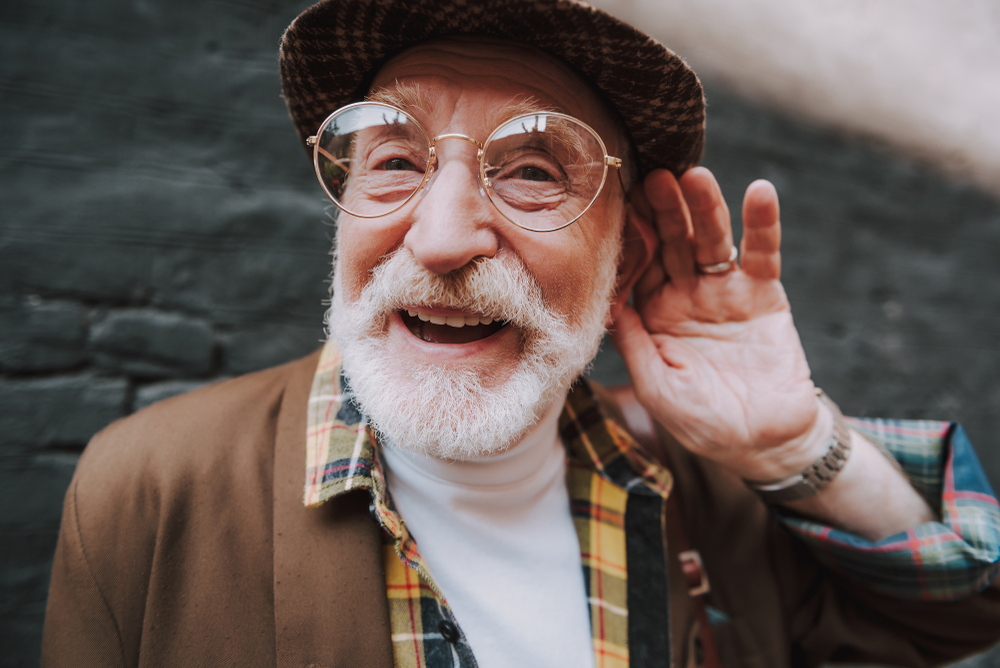Age-related hearing loss, also known as presbycusis, is a common condition that affects many people as they get older. Here are some of the key reasons why you may lose your hearing as you age:
- Natural Aging Process: As you get older, the hair cells in your inner ear, which are responsible for detecting sound, can become damaged or die off. This can result in a gradual loss of hearing, particularly for high-pitched sounds.
- Noise Exposure: Exposure to loud noises over time can cause damage to the hair cells in the inner ear, leading to hearing loss. This can include exposure to loud music, industrial noise, and other sources of loud sound.
- Genetics: Some people may be more predisposed to age-related hearing loss due to genetic factors. In some cases, the genes that control hair cell function and maintenance may be altered or mutated, leading to increased susceptibility to hearing loss.
- Medications: Some medications, such as certain antibiotics, chemotherapy drugs, and high doses of aspirin, can cause damage to the hair cells in the inner ear, leading to hearing loss.
- Health Conditions: Certain health conditions, such as diabetes, high blood pressure, and cardiovascular disease, can increase the risk of age-related hearing loss. This may be due to reduced blood flow to the inner ear, which can cause damage to the hair cells.
- Lifestyle Factors: Smoking, poor nutrition, and other lifestyle factors can also contribute to age-related hearing loss. These factors can increase inflammation and oxidative stress in the body, which can cause damage to the hair cells in the inner ear.
While age-related hearing loss is a common and natural part of the aging process, there are some steps that you can take to help prevent or slow down the progression of hearing loss. These include:
- Avoiding Loud Noises: Limiting exposure to loud noises, such as music, industrial noise, and power tools, can help to reduce the risk of hearing loss.
- Protecting Your Ears: Wearing earplugs or other forms of hearing protection when in loud environments can help to reduce the risk of hearing loss.
- Monitoring Medications: If you are taking medications that can cause hearing loss, it is important to talk to your doctor about the risks and to monitor your hearing regularly.
- Managing Health Conditions: Managing underlying health conditions, such as diabetes and high blood pressure, can help to reduce the risk of age-related hearing loss.
- Eating a Healthy Diet: Eating a diet that is rich in antioxidants and other nutrients can help to reduce inflammation and oxidative stress in the body, which can help to protect the hair cells in the inner ear.
In summary, age-related hearing loss is a common condition that can be caused by a range of factors, including natural aging, noise exposure, genetics, medications, health conditions, and lifestyle factors. While it cannot always be prevented, there are some steps that you can take to help reduce your risk of hearing loss and protect your hearing as you age.

